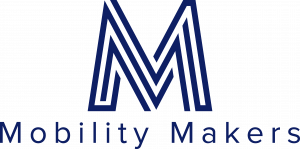A few words from…
Ross Douglas, Founder & CEO of Autonomy Paris and Urban Mobility Weekly.
My name is Ross Douglas and I’m the founder of Autonomy Paris, the annual trade show on mobility.
How did you fall into mobility?
I started getting interested in mobility when I was working in South Africa and I was visiting Lagos, Delhi. And during the same time, Berlin and Copenhagen.
Moreover, what I experienced in Lagos, in Delhi was just insane levels of traffic because there was no public transport, no really way to walk or cycle. And there was this increase of car ownership.
Furthermore, what I experienced in Berlin and Copenhagen was the complete opposite, where with a bicycle you could move really quickly.
I understood that mobility was going to change for the simple reason that you can’t just increase the number of cars in cities, because that decreases mobility.
Thus, I predicted that there would be a big change in the way we move in cities.
What is the idea behind Autonomy Paris?
Firstly, the idea of Autonomy and the reason why we called it Autonomy was the ability to move without car ownership. Thus, to be autonomous, to be independent, not having to rely on motor car to move.
So, I chose to do the event in Paris, because Paris is a leader in car-free mobility. Generally, it has such a high level of public transport. Especially, It has a very good infrastructure for cycling, and it has a lot of bikes, scooters, and car sharing available too.
How did you come up with this idea?
First, I thought that there was a need for the new mobility community together once a year to exchange ideas, to see new products, to see new innovations. Even more, to put policymakers and innovators together.
Next, because that is really where the innovation has been driven. Also, policy makers are changing infrastructure or changing legislation, and innovators are responding to that with the right products and services.
How did you adapt during the pandemic?
Pandemic hit in March 2020, and the lockdown was declared. Afterward, I spent three or four days reading about pandemics, and I understood that they take a very long time.
For this reason, I postponed the physical show by two years, and Autonomy Paris now takes place on March 16 and 17, exactly two years after the first lockdown in Paris.
Additionally, during those two years, I changed the nature of the business to be able to work with clients across physical and digital platforms. Luckily, we had built up a big community of readers thorough the newsletter, The Urban Mobility Weekly.
What are the three major trends?
1. Short distance travel
For example, in Europe now you’are having a banning of short distance flights. Thus, you’re going to start seeing a lot more trains and overnight trains coming, as people move away from airplanes for short distance.
2. Combustion to electric
Secondly, another obvious trend is the move from combustion to electric. Undeniably, that’s really accelerating now, and that will give us cleaner, quieter cities. Particularly, when the delivery motorbikes and scooters go from combustion to electric, because that’s a big source of noise pollution, obviously.
3. Move from motorist to mobilist
I think the third trend, and for me the most interesting trend, is the move from motorist to mobilist.
In reality, what we see in our business is that a lot of consumers would have been motorists 5-10 years ago. And now, because it’s such a big offer of mobility solutions, they become mobilists.
What is a mobilist?
Surely, it’s a person with a smartphone who is happy to move by scooter, bike, motor car, public transit. Moreover, they effectively will make a decision on what vehicle should they use for which journey. And they make what makes sense.
Whereas, what motorist effectively does is they buy a motor car. For this reason, they paid that cost and it’s a sunk cost, they make every single journey by a motor car whether it makes sense or not.
What is your favorite mode of transport?
Although I’m a car lover, I never used cars in cities, because they make absolutely no sense in citites if I’m traveling by myself. Therefore, in cities, I use a titanium bicycle.
On the other side, while I’ve gone on holidays with my family, I like to do high speed trains, which is obviously France is a leader in. Next, I always rent a car at the destination.
To add, another the nice thing about non-car ownership is that I have quite a good mobility budget. As I save $600 a month by not owning a car. Thus, when I go on holiday I often will rent a very nice car beacuse it’s for a short period of time and I have that budget available.
Thank you, Ross!
Any last words?
As we see in Paris, people are now relaxing, the pandemic is behind us. And Autonomy will be, I think, one of the first events where masks will not be compulsory any longer.
The 6th edition of Autonomy takes place at Porte de Versailles on the 16th and 17th of March.

